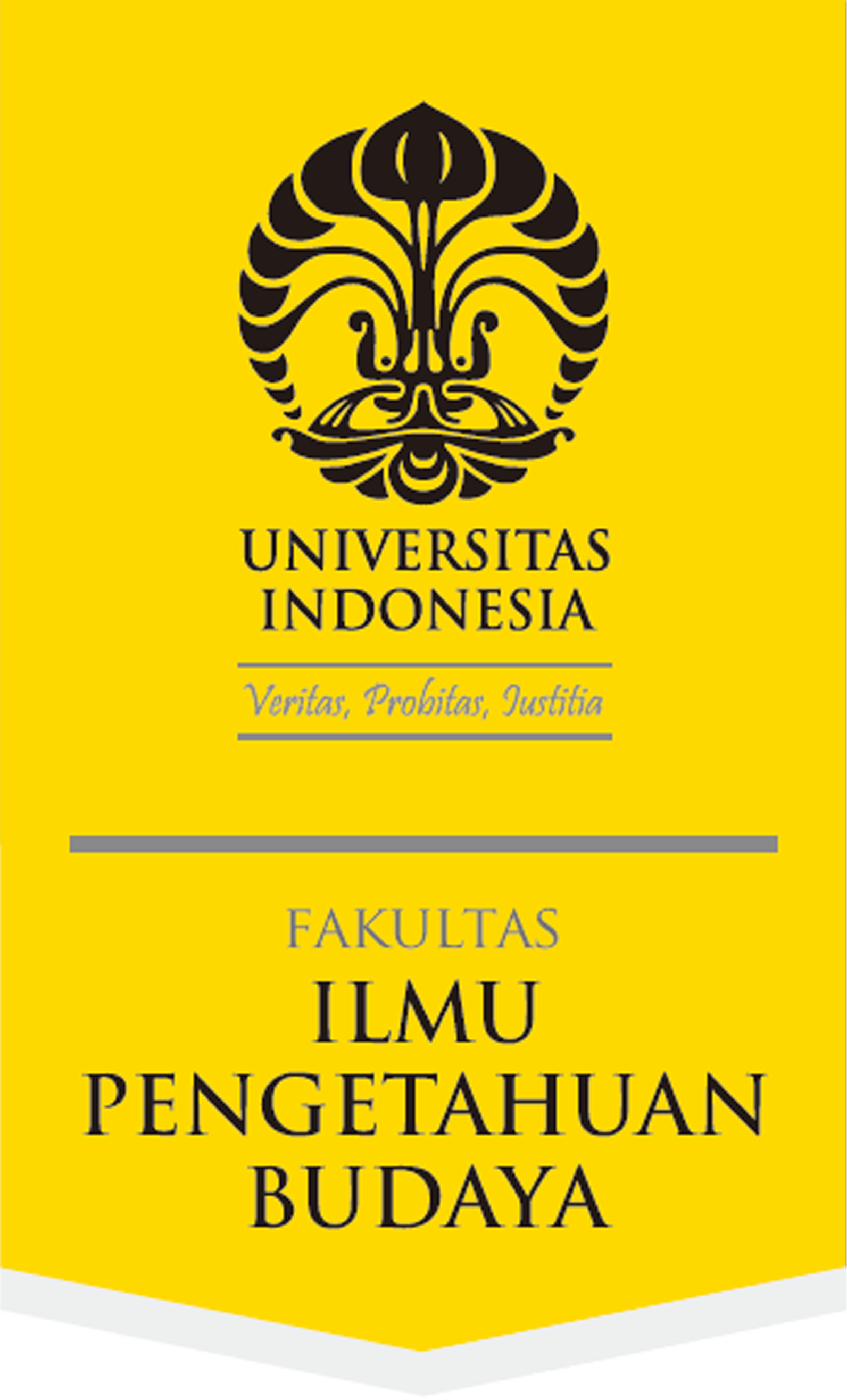References
Arnfred, S. 2007. “Sex, food, and female power; Discussion of data material from Norther Mozambique”, Sexualities 10(2): 141-158. [DOI: 10.1177/1363460707075795.]
Banks, M. and K. Milestone. 2011. “Individualization, gender, and cultural work”, Gender, Work, and Organization 18(1): 73-89. [DOI: 10.1111/j.1468-0432.2010.00535.x_535.]
Budianta, M. 2003. “The blessed tragedy: the making of Indonesian women’s activism during the Reformasi years”, in: Ariel Heryanto and Sumit K. xi
Mandal (eds), Challenging authoritarianism in Southeast Asia; Comparing Indonesia and Malaysia, pp. 145-177. New York, NY: Routledge Curzon.
Facio, A. 2013. “What is patriarchy”. Translated from the Spanish by Michael Solis. [Available at: http://www.learnwhr.org/wp-content/uploads/D-Facio-What-is-Patriarchy.pdf.]
Grant, R. and Montrose, T. 2018. “It’s a man’s world; Mate-guarding and the evolution of patriarchy”, Mankind Quarterly 58(3): 384-418. [DOI: 10.46469/mq.2018.58.3.2.]
Lea, A.J., N.H. Learn, M.J. Theus, J. Altmann, and S.C. Alberts. 2014. “Complex sources of variants of dominance rank in a nepotistic society”, Animal Behaviour 84: 87-99. [DOI: 10.1016/j.anbehav.2014.05.019.]
Lewis, R.J. 2018. “Female power in primates and the phenomenon of female dominance”, Annual Review of Anthropology 47: 533-551. [DOI: 10.1146/annurev-anthro-102317-045958.]
Ray, R. 2018. “Postcoloniality and the sociology of gender”, in: J. Messerschmidt, M. Messner, R. Connell, and P. Martin (eds), Gender reckonings; New social theory and research, pp. 73-89. New York, NY: New York University Press. [DOI: 10.18574/nyu/9781479866342.003.0008.]
Potts, M. and M. Campbell. 2008. “The origins and future of patriarchy: the biological background of gender politics”, Journal of Family Planning and Reproductive Health Care 3: 171-174. [DOI: 10.1783/147118908784734792.]
Rizzo, T. 2017. “Gender and empire; Intimacies, bodies, detritus”, Journal of World History 28 (3/4): 313-339. [Https://www.jstor.org/stable/26537614.]
Smuts, B. 1995. “The evolutionary origins of patriarchy”, Human Nature 6: 1-32. [DOI: 10.1007/BF02734133.]
Suryakusuma, J. 2011. State Ibuism: the social construction of womanhood in New Order Indonesia; Komunitas Bambu: Depok, Indonesia.
Sydee, J. and S. Beder. 2001. “Ecofeminism and globalisation; A critical appraisal”, Democracy and Nature 7(2): 281-302.
Wieringa, S.E. 2011. “Sexual slander and the 1965/66 mass killings in Indonesia: political and methodological considerations”, Journal of Contemporary Asia 41(4): 544-565. [DOI: 10.1080/00472336.2011.610613.]
Yanca, C. and B.S. Low. 2004. “Female allies and female power; A cross-cultural analysis”, Evolution and Human Behaviour 25(1): 9-23. [DOI: 10.1016/S1090-5138(03)00065-5.]
Recommended Citation
Budiman, Manneke and Budianta, Melani
(2023)
"Reclaiming women’s space,"
Wacana, Journal of the Humanities of Indonesia: Vol. 24:
No.
1, Article 11.
DOI: 10.17510/wacana.v24i1.1670
Available at:
https://scholarhub.ui.ac.id/wacana/vol24/iss1/11









